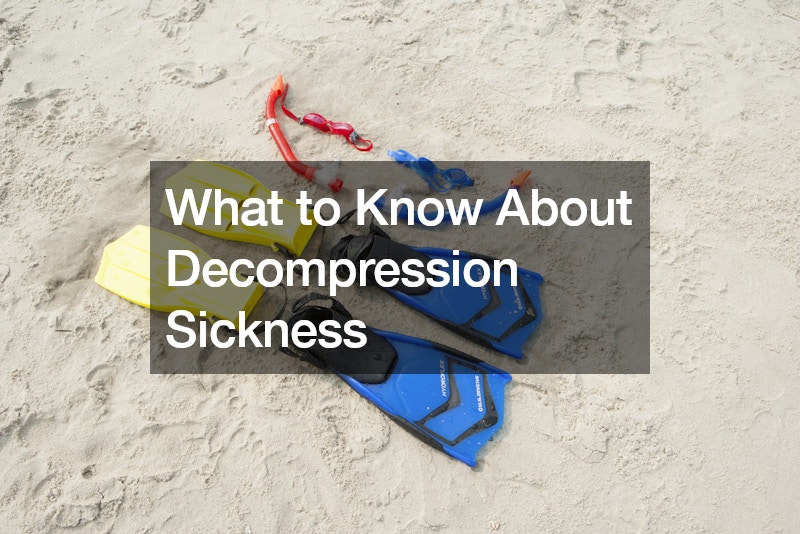What to Know About Decompression Sickness


Decompression sickness (DCS), commonly known as “the bends,” is a serious condition that affects divers who ascend too quickly from deep water. It occurs when dissolved gases, primarily nitrogen, form bubbles in the bloodstream and tissues due to rapid pressure changes.
Causes and Risk Factors
DCS is caused by the rapid reduction in pressure that occurs during ascent. When a diver descends, the increased pressure causes nitrogen to dissolve into the body’s tissues.
If the ascent is too quick, the nitrogen doesn’t have enough time to safely leave the body through exhalation, leading to bubble formation. Factors increasing the risk of DCS include deep or prolonged dives, multiple dives in a short period, rapid ascents, and inadequate hydration.
Symptoms
Symptoms of decompression sickness can vary widely, ranging from mild to severe. Common signs include joint pain, dizziness, headache, fatigue, difficulty breathing, and skin rashes. Severe cases may involve neurological symptoms like numbness, paralysis, or unconsciousness.
Prevention

Preventing DCS involves adhering to safe diving practices. Divers should follow dive tables or use dive computers to monitor their depth and time underwater, making sure to ascend slowly and perform safety stops. Staying hydrated and avoiding alcohol before diving can also help reduce the risk.
Treatment
Immediate treatment for DCS includes administering 100% oxygen and seeking hyperbaric oxygen therapy, which involves re-pressurizing the body in a controlled environment to help dissolve nitrogen bubbles safely.